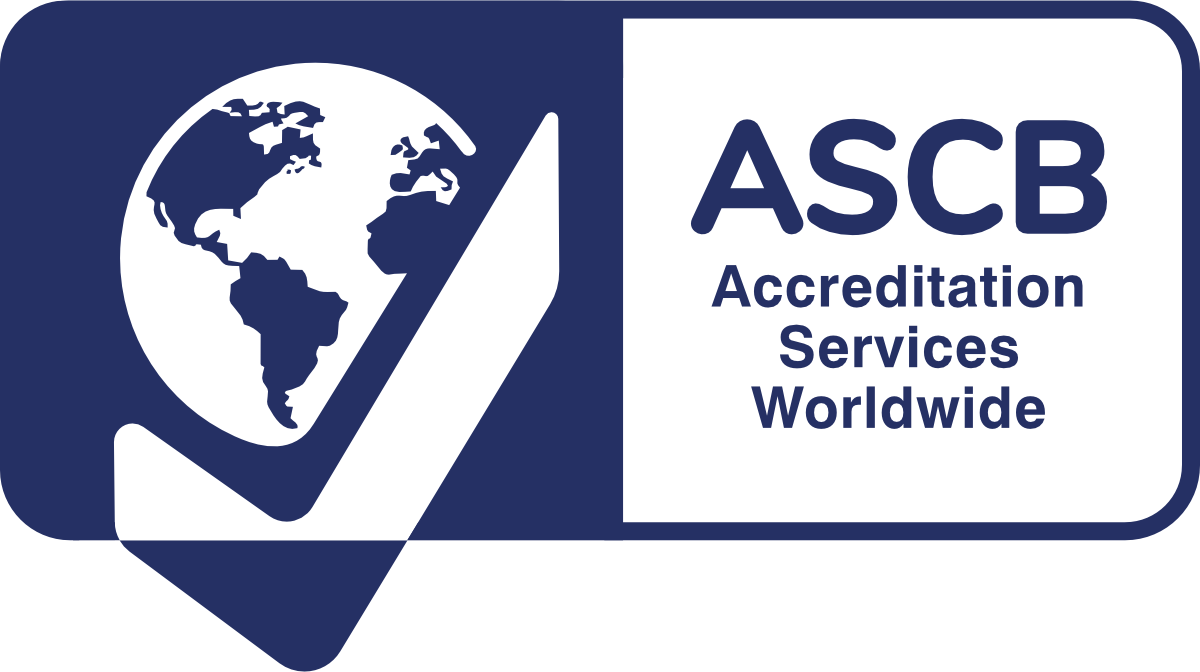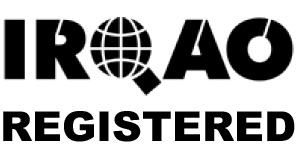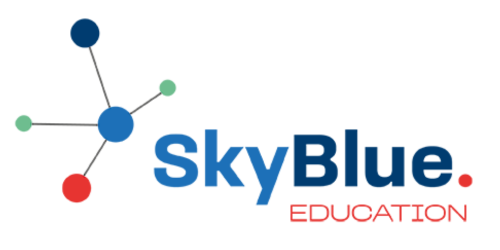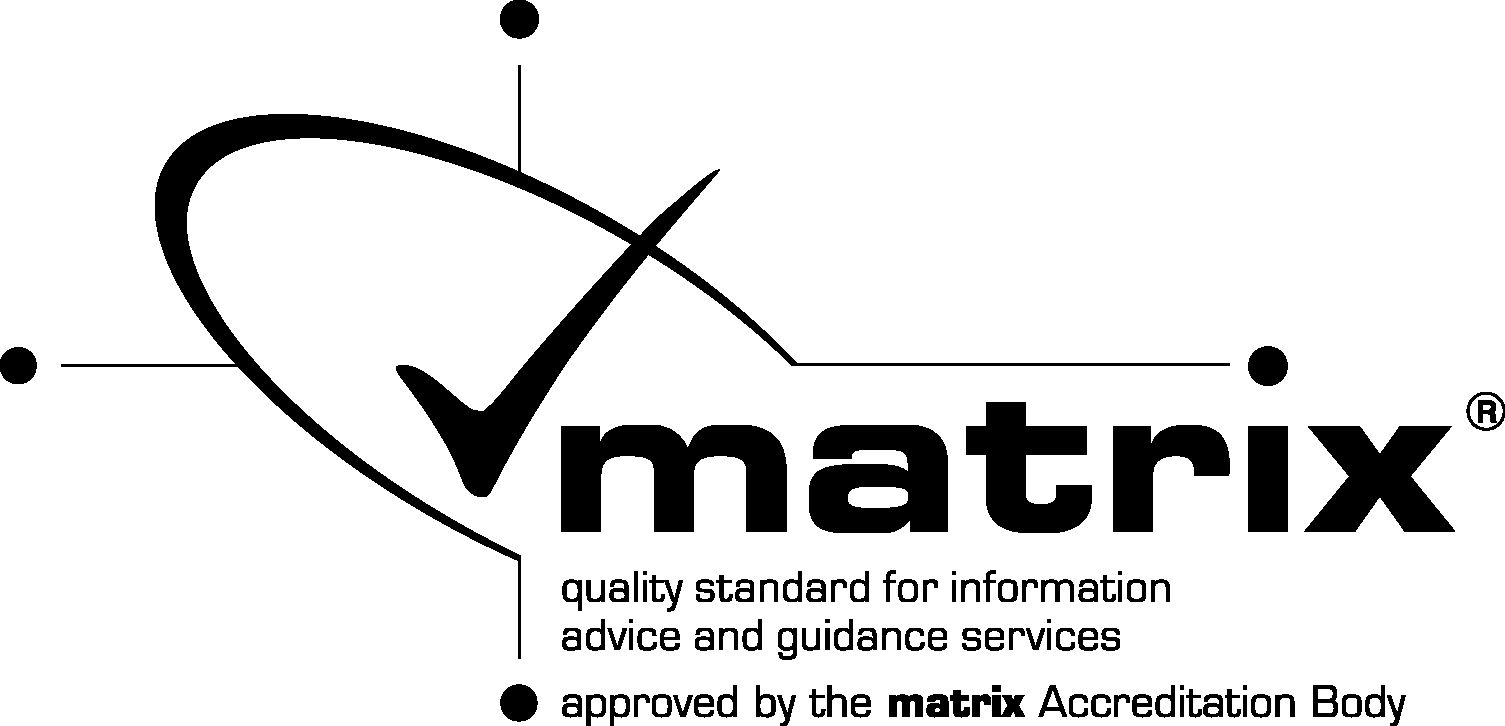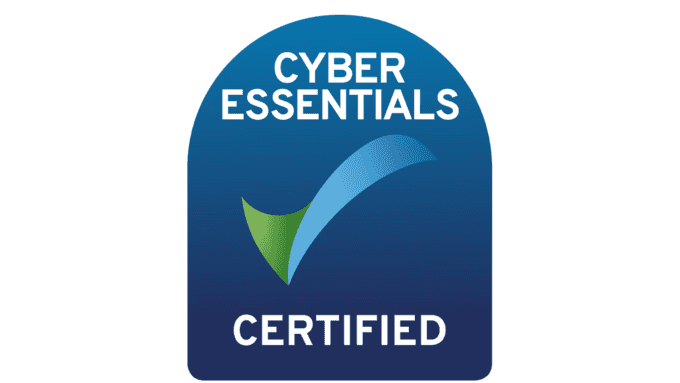Blog Article
Essential habits: From compliance to performance
Regular evaluation
Regularly evaluating processes and systems is crucial, as it helps organisations identify areas for improvement and ensures that quality standards are consistently met in accordance with established policies. This proactive approach allows for the early detection of patterns, trends, and potential risks, enabling businesses to address issues before they escalate. To effectively implement a culture of quality evaluation, organisations should schedule regular internal audits to assess compliance and operational performance, gather feedback from stakeholders to gain insights into the effectiveness of current practices, and thoroughly evaluate their quality management systems to reinforce accountability and transparency. By committing to these practices, organisations can foster a culture of continuous improvement that enhances efficiency and drives sustainable success.
Open communication
Encouraging open communication promotes quicker problem resolution and fuels innovation, as team members feel empowered to voice their insights and concerns. By nurturing a culture of collaboration, organisations can enhance teamwork and instill a collective commitment to maintaining excellence in quality across all levels. To effectively create this environment, companies should establish regular feedback sessions and encourage open dialogue during team meetings, while also implementing anonymous feedback channels. Actively listening to and responding to employee concerns reinforces a culture of transparency, ensuring that everyone is invested in the ongoing pursuit of quality improvement. As we celebrate World Quality Week, let us embrace the power of communication to enhance our quality management practices and drive organisational success.
Effective objectives
By establishing specific, measurable quality objectives and strategies, organisations can effectively align their resources and ensure that every team member understands the standards that must be met. This structured approach not only fosters accountability but also promotes a shared commitment to quality across all levels of the organisation. To implement this effectively, it is essential to create a comprehensive quality management plan that outlines measurable goals, timelines, and accountability structures. Regularly reviewing and adjusting this plan allows organisations to address new challenges and seize opportunities, ensuring that they remain agile and responsive in an ever-evolving business landscape. This proactive planning is key to driving continuous improvement and ultimately achieving excellence in quality management.
Foster, recognise, reward
Promoting responsibility at every level ensures that all employees are committed to maintaining quality standards, which not only drives performance but also builds trust and cohesion within teams. When team members feel accountable for their work, they are more likely to take pride in their contributions and strive for excellence. Additionally, recognising and rewarding employees who consistently uphold quality standards acts as a powerful motivator for others, reinforcing the value placed on quality and performance across the organisation. To cultivate this culture effectively, organisations should establish clear criteria for recognition and rewards. Implementing regular performance reviews that highlight individual achievements allows managers to acknowledge hard work and dedication. Simple yet structured recognition programs, such as "Employee of the Month," can further promote a positive atmosphere where quality is prioritised, encouraging everyone to contribute to the organisation’s overarching goals of excellence and continuous improvement.
Regular training & development
This week allows companies to re affirm the importance of continuous training in maintaining high-quality standards to all their staff. This done regularly updating employees on the latest quality standards, regulations, and best practices, organisations foster a culture of learning and improvement that is essential for success in today’s dynamic business environment. This commitment to ongoing education empowers staff to perform their roles effectively and confidently, ensuring they are well-equipped to meet the challenges of their positions. Furthermore, a culture of continuous training not only enhances individual capabilities but also contributes to overall organisational performance, leading to improved operational efficiency and customer satisfaction. As we celebrate World Quality Week, let us reaffirm our dedication to investing in our workforce through robust training programs that support professional development and elevate the standards of quality management across the board.
Review policies and procedures
The review of effective and essential policies and procedures within an organisation is already a priority, but within world quality week, organisations can emphasize its importance to staff. Regularly reviewing these frameworks ensures that they align with current regulations and industry standards, which is essential for fostering compliance and operational efficiency. By keeping policies and procedures up-to-date, organisations can identify areas that require adjustment or enhancement, allowing them to respond swiftly to changes in the regulatory landscape or market demands. This proactive approach not only minimizes the risk of non-compliance but also promotes a culture of continuous improvement, empowering teams to operate more effectively and maintain high-quality standards. Ultimately, this commitment to regularly reviewing and updating policies enhances overall organisational resilience and strengthens the foundation for sustainable success in today’s dynamic business environment.
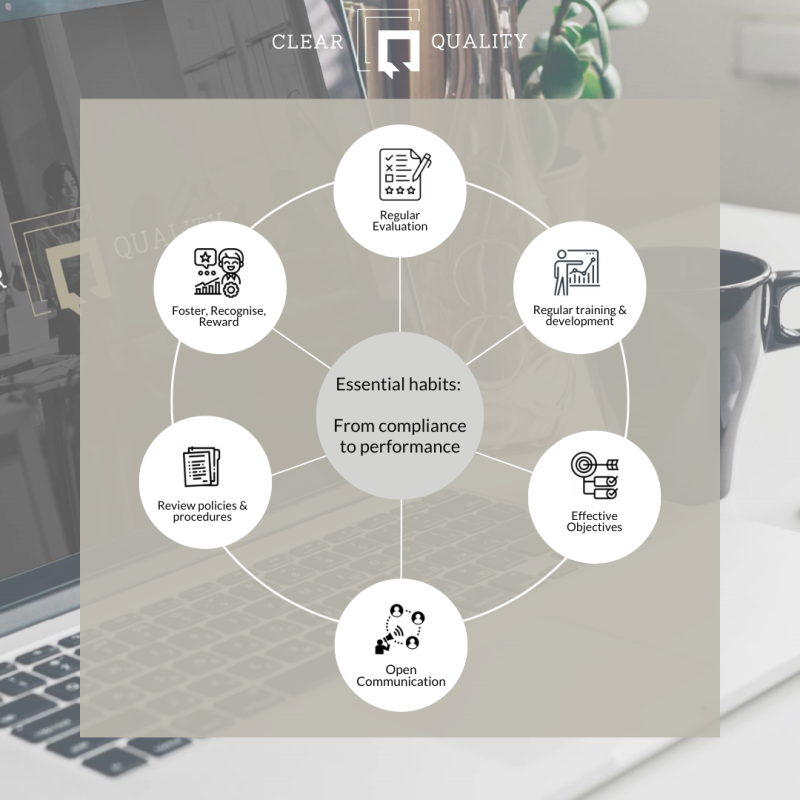

 GOVERNANCE OFFICER LEVEL 4
GOVERNANCE OFFICER LEVEL 4
 Skills Bootcamp In Quality Management
Skills Bootcamp In Quality Management


